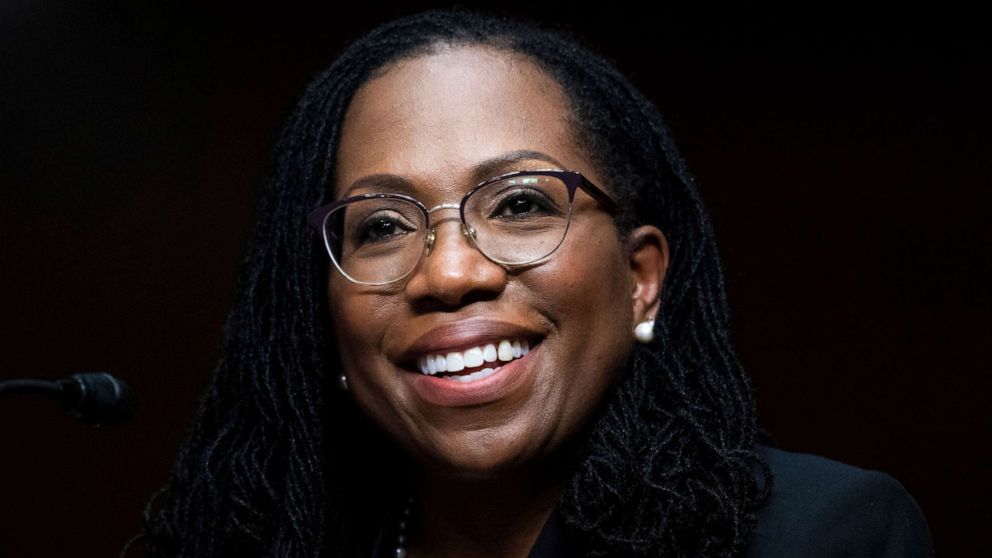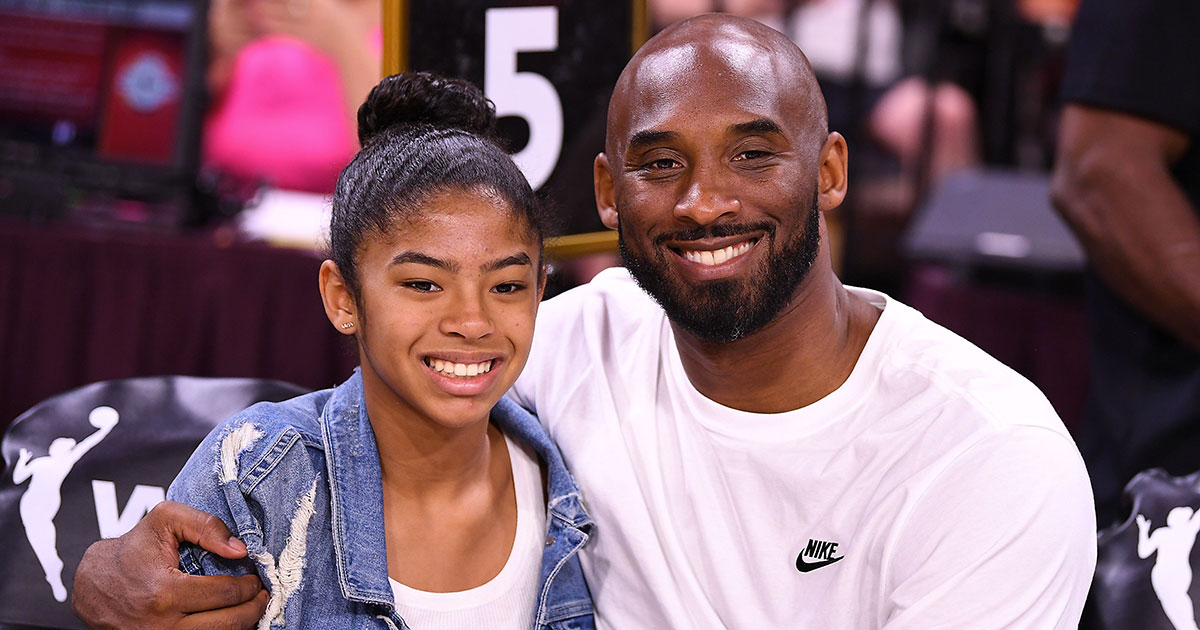
By Kristen Welker and Pete Williams
President Joe Biden announced Friday that he will nominate Judge Ketanji Brown Jackson, of the U.S. Court of Appeals for the District of Columbia Circuit, to succeed Justice Stephen Breyer on the Supreme Court.
In a tweet, Biden said Jackson “is one of our nation’s brightest legal minds and will be an exceptional Justice.”
Biden and Jackson are expected to deliver remarks at the White House on Friday at 2p.m. ET.
If confirmed, Jackson would become the first Black woman to serve on the court. At 51, she would also be the second-youngest justice on the current court (Justice Amy Coney Barrett turned 50 in January) and the first justice since Thurgood Marshall with significant experience as a defense lawyer.
As the successor to Breyer, who was appointed by President Bill Clinton in 1994, Jackson would not change the court’s current 6-to-3 conservative supermajority.
Biden called Jackson on Thursday night to offer her the nomination, according to a source familiar. Biden and senior White House staff were notifying key officials and individuals of the decision Friday morning.
The nomination comes exactly two years after Biden made his promise during the 2020 presidential campaign to nominate a Black woman to the Supreme Court.
Jackson was nominated to District Court just eight months ago and was confirmed by a 53-44 vote with the support of three Senate Republicans. Only David Souter, appointed by George W. Bush, came to the Supreme Court with less time on the federal appeals court — under five months in his case.
Sen. Lindsey Graham, R-S.C., who had been encouraging Biden to nominate J. Michelle Childs, a U.S. District Court judge in South Carolina, tweeted that Jackson’s nomination “means the radical Left has won President Biden over yet again.”
Childs was also the favorite of Rep. Jim Clyburn, D-S.C., a close ally of Biden. She came under scrutiny from some progressives and union leaders for her time working on behalf of employers against worker claims.
“I expect a respectful but interesting hearing in the Senate Judiciary Committee,” Graham continued. “The Harvard-Yale train to the Supreme Court continues to run unabated.”
Graham is one of the three Republicans — along with Sens. Susan Collins of Maine and Lisa Murkowski of Alaska — who voted for Jackson during her previous confirmation.
NAACP president Derrick Johnson celebrated Jackson’s nomination as a “tremendously historic moment for our nation and our community in particular.”
“President Biden has met this moment with an extraordinarily qualified nominee, who has stellar credentials and an impeccable background,” Johnson said.
Jackson also served eight years as a federal trial judge in Washington. At her confirmation hearing for that position, she received an endorsement from former House Speaker Paul Ryan, R-Wis., who is related by marriage. (Her husband’s twin brother is the married to the sister of Ryan’s wife.)
“Our politics may differ, but my praise for Ketanji’s intellect, for her character, for her integrity, is unequivocal. She is an amazing person,” Ryan said.
One of her uncles was a Miami police chief. Another was a police detective. A third was sentenced to life in prison for possessing a large amount of cocaine. President Barack Obama commuted his sentence in 2016.
Jackson was a national oratory champion and student body president in high school and then graduated from Harvard University and Harvard Law School. She was a Supreme Court law clerk for Breyer, who once described her as “great, brilliant, decent, with a mix of common sense and thoughtfulness.”
She met her husband, Patrick, at Harvard where he was a pre-med student. He’s now a surgeon at a Washington hospital. They have two daughters.
Jackson spent seven years in private practice and was also an assistant public defender in Washington, representing defendants who could not afford to hire a lawyer. One notable case involved a terrorism detainee at the U.S. detention center in Guantanamo Bay, who she said should not be held without charges or trial.
Asked during her appeals court confirmation about her work on that case, she said that her brother was serving in the Army in Iraq at the time and that the briefs she submitted “did not necessarily represent my personal views with regard to the war on terror.”
Jackson served on the U.S. Sentencing Commission, which sets guidelines for federal judges to follow in imposing punishment in criminal cases. She helped reduce the recommended penalties for nonviolent drug offenders.
As a judge, Jackson has no record of rulings, writings or speeches on the hot-button issues of abortion, gun rights or freedom of religion. She was on the three-judge appeals court panel that rejected former President Donald Trump’s effort to block the National Archives from giving the House Jan. 6 committee hundreds of documents from his time in the White House.
In her most notable ruling as a trial judge, Jackson said former Trump White House counsel Don McGahn was required to testify before the House Judiciary Committee.
“The primary takeaway from the past 250 years of recorded American history is that presidents are not kings,” she said in a widely quoted line from her decision.
For more on this article go to:www.nbcnews.com









